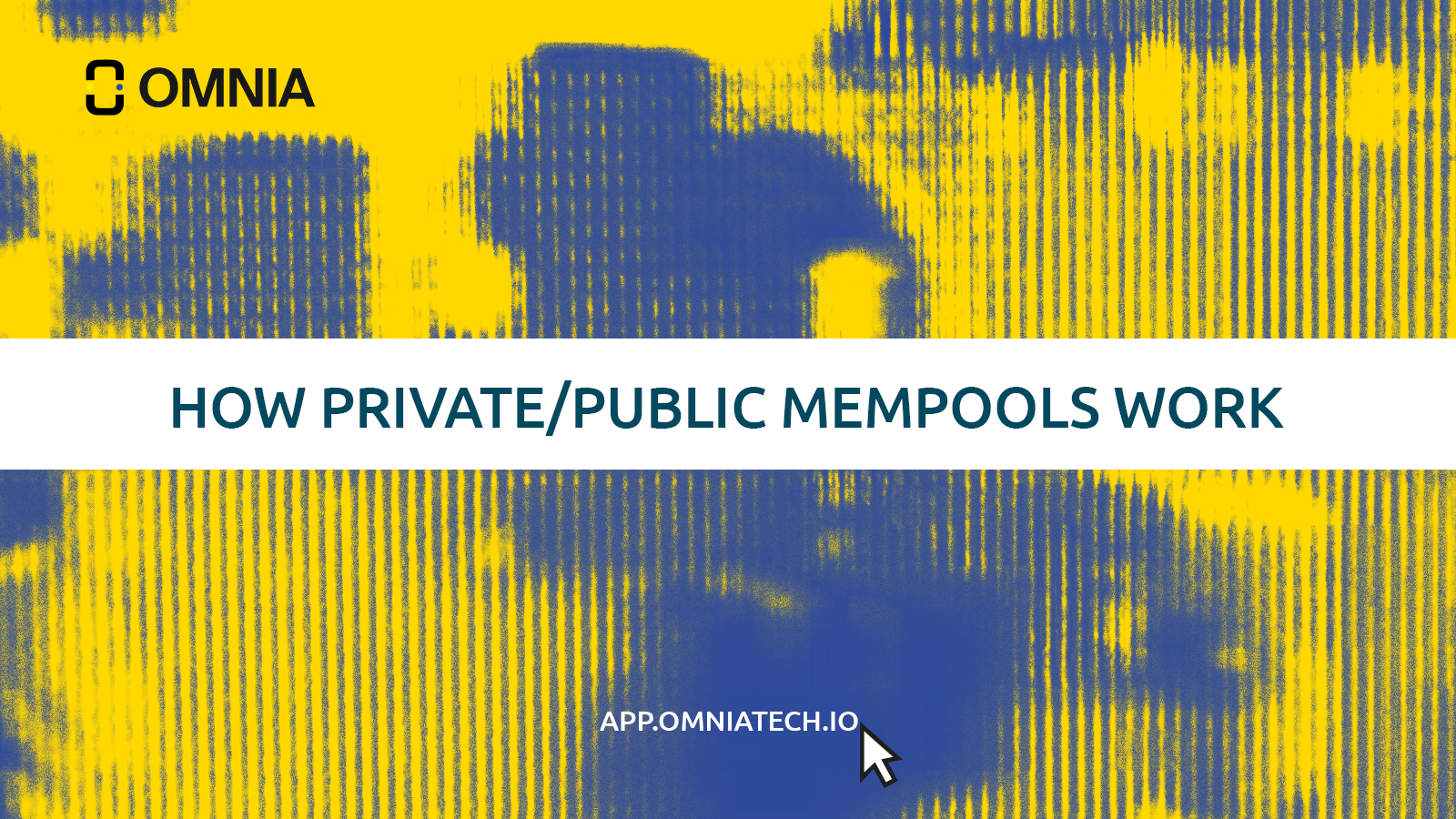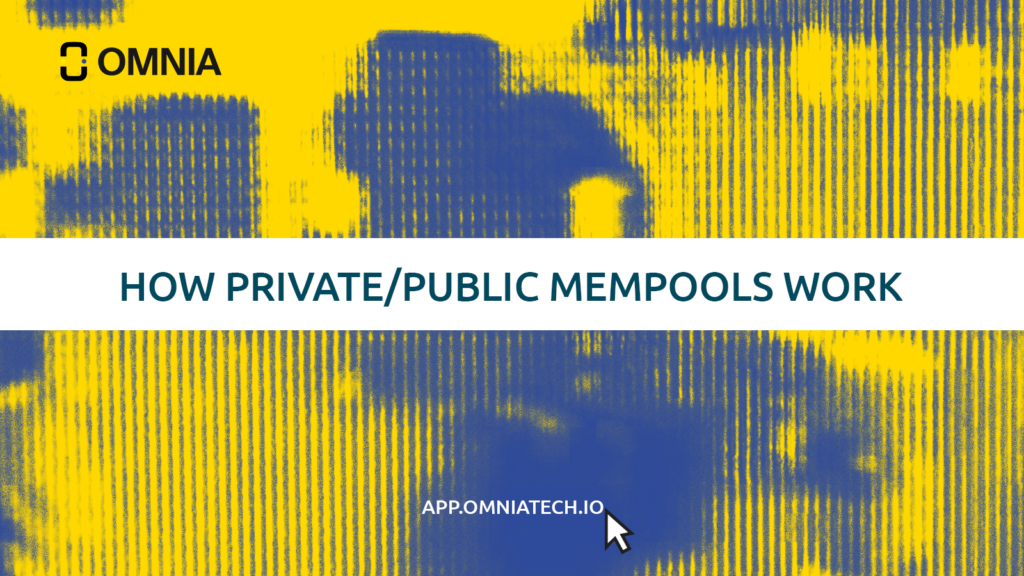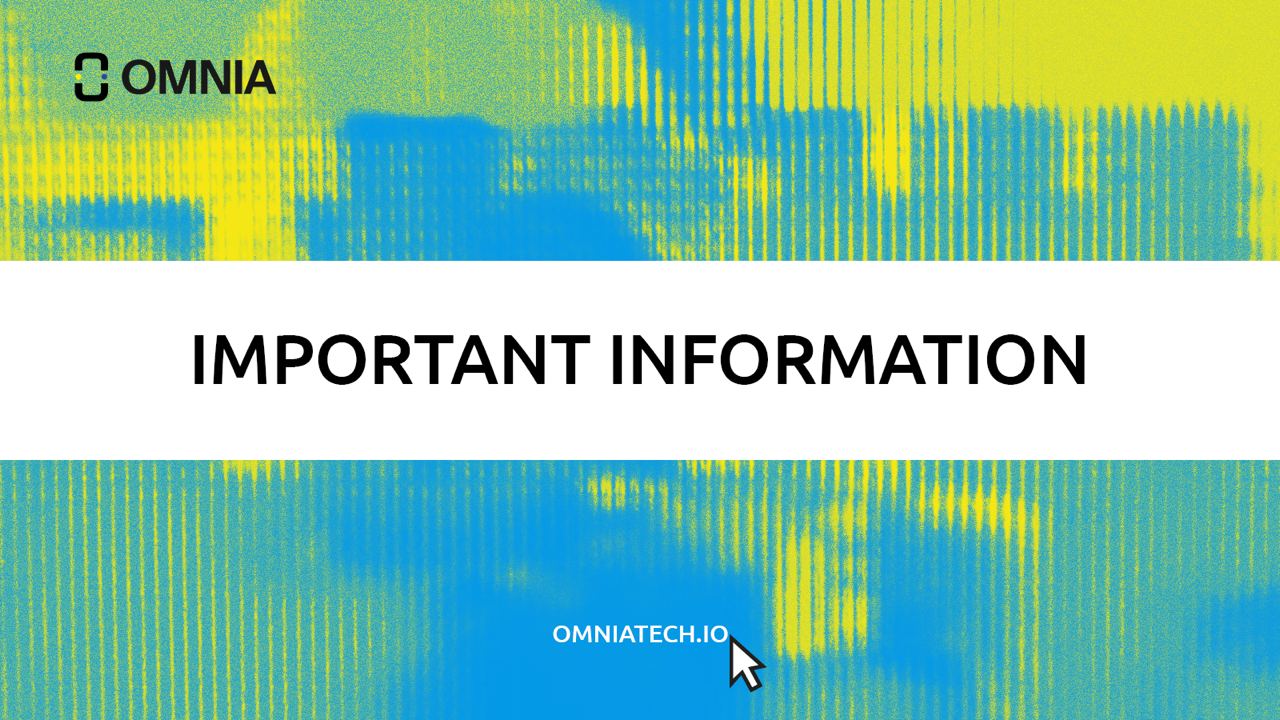
How Private and Public Mempools Work

Ever wondered how your crypto transactions hang tight before getting the green light? Mempools, or memory pools, are where transactions wait before being confirmed and added to a block. This blog will go into the mechanics of both private and public mempools, providing insight into their operational dynamics. Understanding these concepts is essential for anyone engaged in DeFi, as their differences can make the difference during your next trade.
Introduction to Mempools
Mempools, short for memory pools, act as gatekeepers in blockchain, holding transactions until they are picked up by miners. This process is fundamental to maintaining the ledger’s integrity and ensuring the smooth processing of transactions.
Public Mempools: The Open Marketplace
Accessibility and Transparency
Public mempools offer a transparent view of all pending transactions within a blockchain network. This openness is a fundamental principle of decentralization in the blockchain, allowing any participant to view transactions, their statuses and network congestion.
However, the very transparency of public mempools can lead to congestion and potential security issues, such as transaction frontrunning, where individuals capitalize on seeing transactions before they are confirmed.
Here is how frontrunning is being exploited on public mempools: for the sake of example let’s consider that a transaction T represents a buy trade on Uniswap. Since the transaction T is NOT included right away in next block, and price may change meanwhile, Uniswap has a parameter called “slippage” which basically tells Uniswap you are ok to make the buy trade with +/- price variation. You send the transaction, now it is in pending state, what happens next ?
A frontrunning attacker can spot your pending transaction in the public mempool and add another transaction in front of yours that will increase the price with the exact % Uniswap set as +/- price variation. He will then package a bundle of 3 transactions:
– His first transaction that inflates the price of token you want to buy
– Your transaction that buys the token at the inflated price
– His last transaction that sells back what he bought in first transaction, thus benefiting from you.
This 3 tx bundle is then sent to miners and included in the next block in that exact order.
This is also called the sandwich attack – when a frontrunner places a transaction before and after your transaction.
You can always use for free our frontrunning check tool by just pasting your transaction hash or your wallet address: https://check.omniatech.io
Private Mempools: The Exclusive Lane
Enhanced Efficiency and Privacy
Private mempools, such as those facilitated by OMNIA Protocol, offer a more controlled environment. They prioritize transactions based on predefined criteria, ensuring faster processing times and providing a layer of privacy that is not available in public mempools.
The OMNIA Advantage
With OMNIA Protocol, users can create private endpoints for their transactions, protect themselves from frontrunning attacks, sandwich attacks, honeypots and other malicious threats. This exclusivity can not only speed up transaction times but also enhances security and operational efficiency.
Since pending transactions are no longer visible to everyone, there is no playground for the frontrunners.
To benefit from this frontrunning protection go to OMNIA Dashboard https://app.omniatech.io and generate your own endpoint by enabling the Frontrunning Protection checkbox, then inject the RPC endpoint in your wallet and trade with peace of mind.
The Case for Private Mempools
Prioritizing Efficiency and Security
The advantages of private mempools are clear – they provide a competitive edge by offering faster, more secure transaction processing, which is essential for high-frequency trading and large transaction volumes, and highly appreciated by any trader who values their assets.
Elevating Your Trading Strategy
In the blockchain ecosystem, the choice between public and private mempools can significantly impact your trading effectiveness. For those seeking an edge in security, speed, and efficiency, private mempools offer a compelling solution.
We invite you to explore how OMNIA Protocol can transform your trading experience. By creating private endpoints through app.omniatech.io, you can harness the full potential of private mempools, ensuring that your transactions are not just secure, but also a step ahead of the market. Visit app.omniatech.io to discover how these solutions can get your trading strategy to new levels.
About OMNIA Protocol
OMNIA is a leading RPC provider specializing in decentralized physical infrastructures (dePIN), offering unique incentives, rich features such as custom RPC or security checks. Our user base is currently exceeding 3 million monthly active users and we are processing over $3.1 Billion monthly in volumes.


